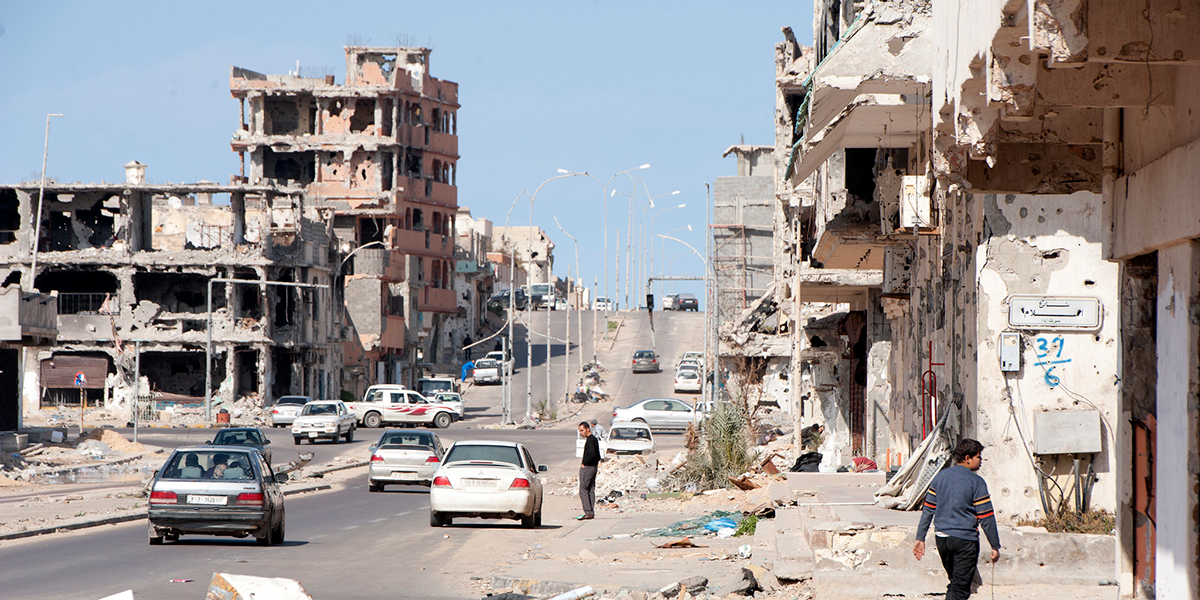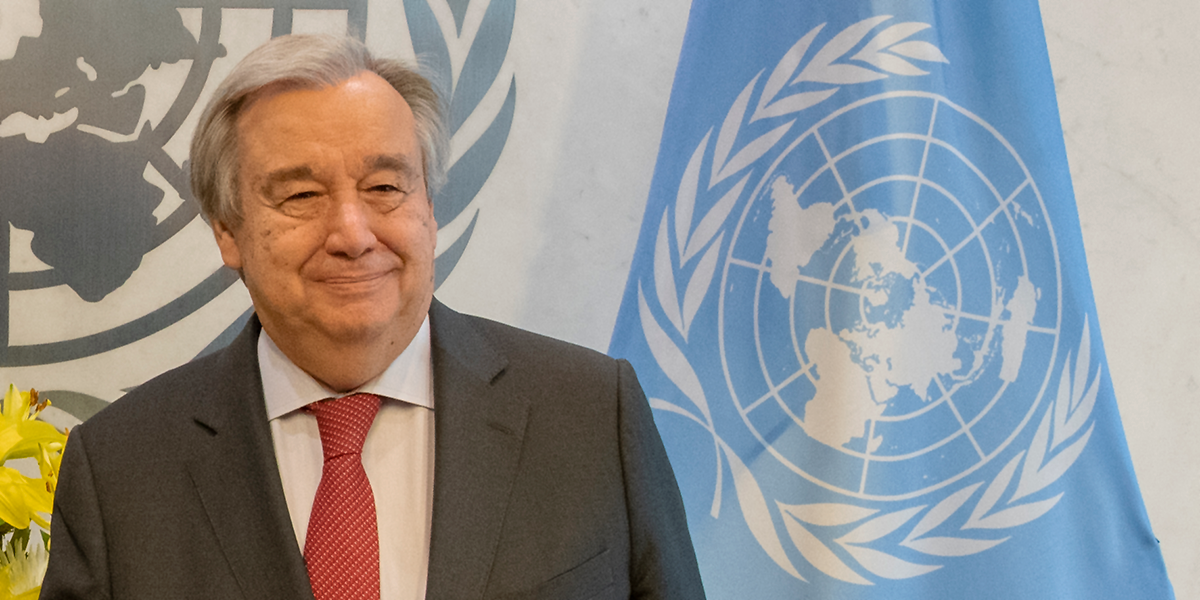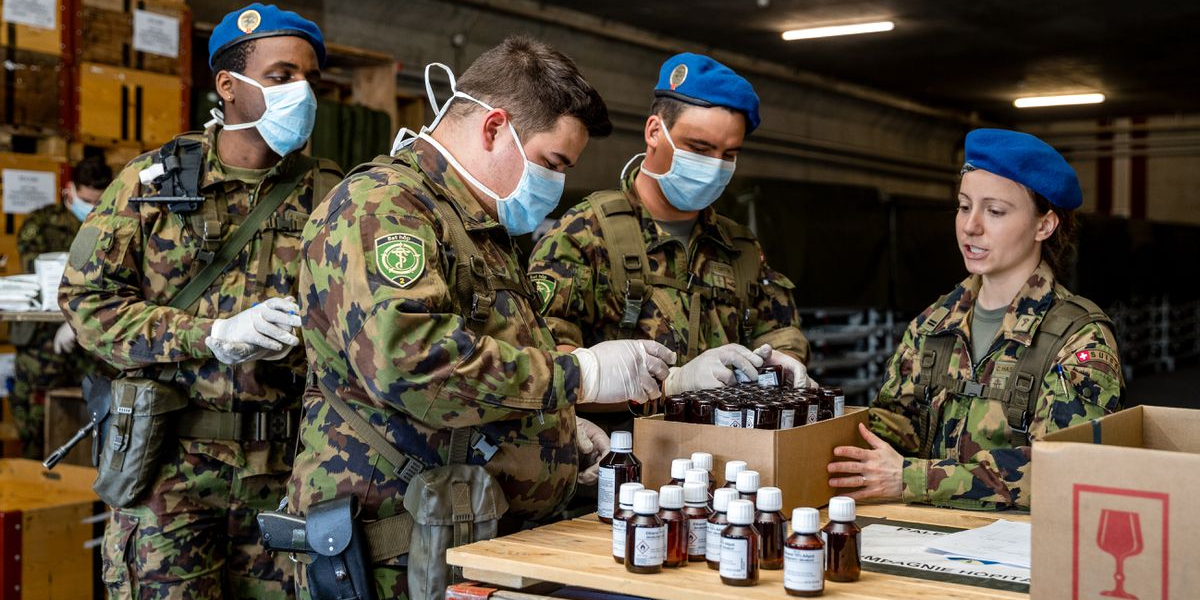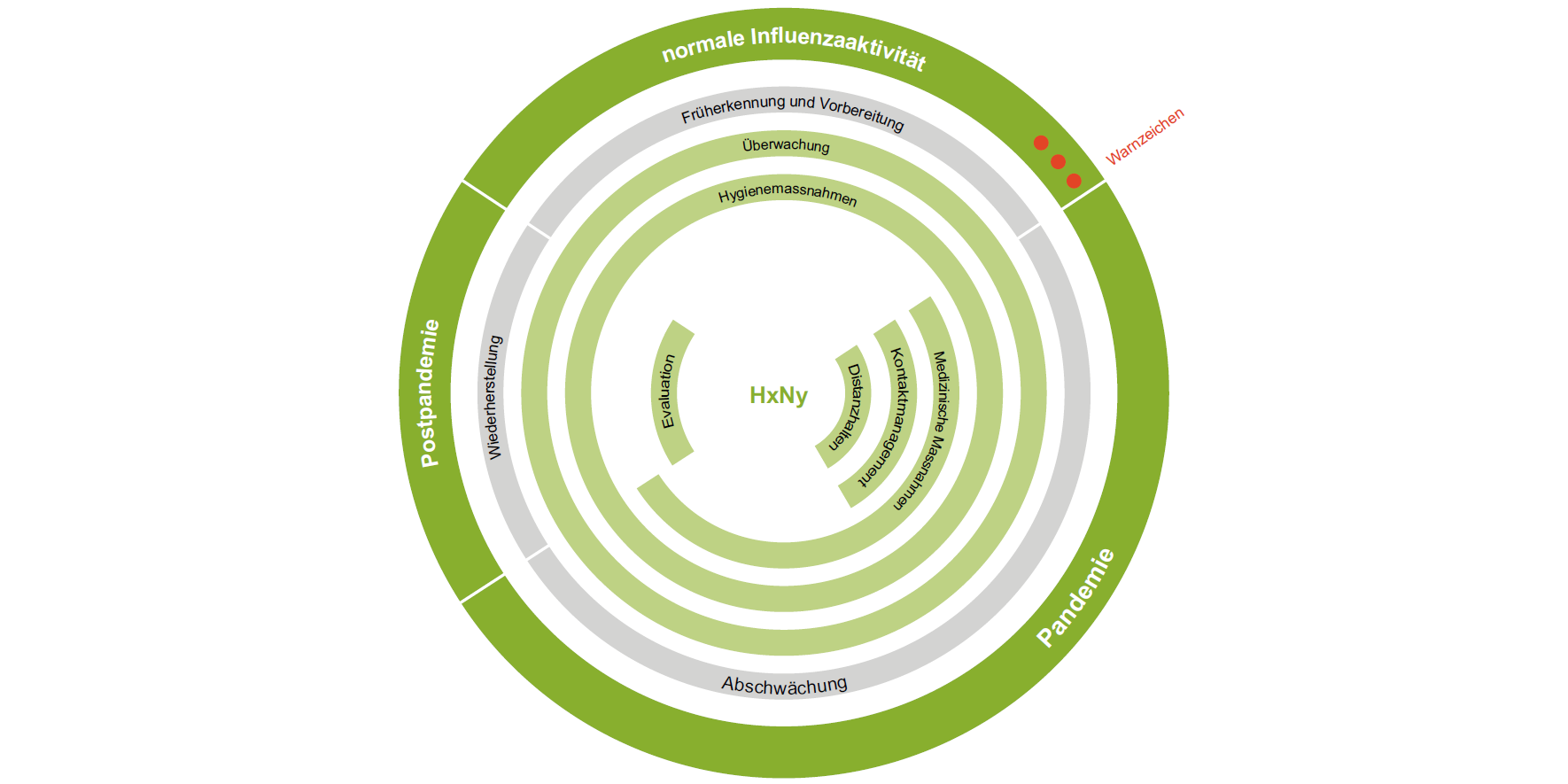Image courtesy of EU Civil Protection and Humanitarian Aid/Flickr. (CC BY-ND 2.0)
This blog belongs to the CSS’ coronavirus blog series, which forms a part of the center’s analysis of the security policy implications of the coronavirus crisis. See the CSS special theme page on the coronavirus for more.
Ongoing fighting in Libya and the toll of a decade of almost continual civil war will make it difficult to prevent the spread of the coronavirus in Libya. Increased instability as a result of an escalation in fighting not only creates conditions under which transmission of the virus could rapidly accelerate while resources are devoted to dealing with the war-wounded; it also risks Libya once again becoming an important departure point for migrants and refugees as people seek to flee the coronavirus as well as the conflict. European policymakers should grasp the moment to push for a ceasefire, not only to help combat the spread of the virus in Libya but also to pave the way for a return to peace talks.





